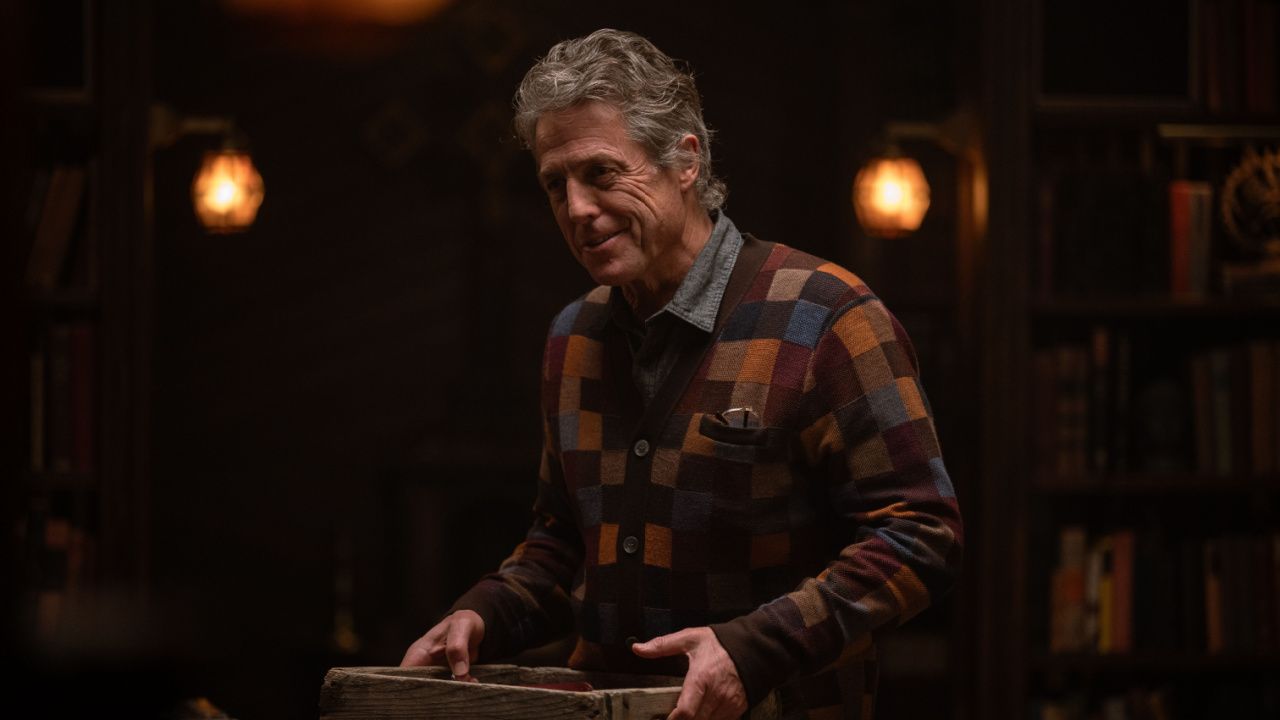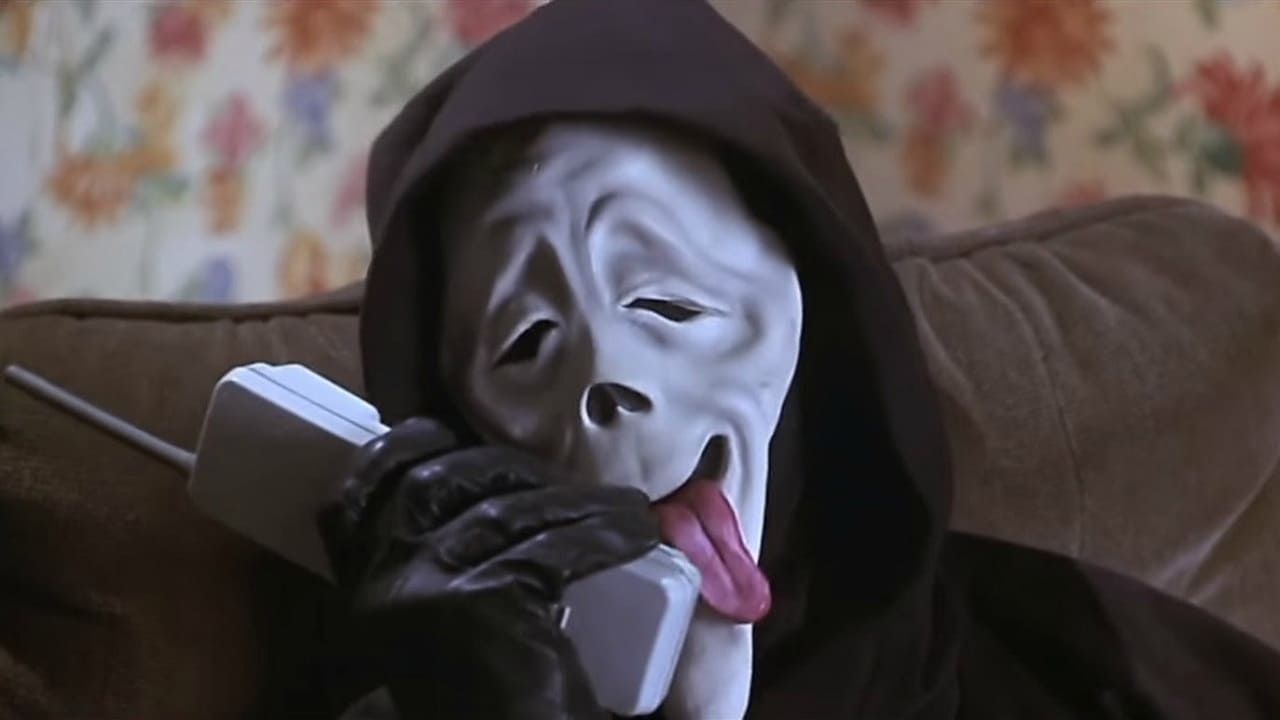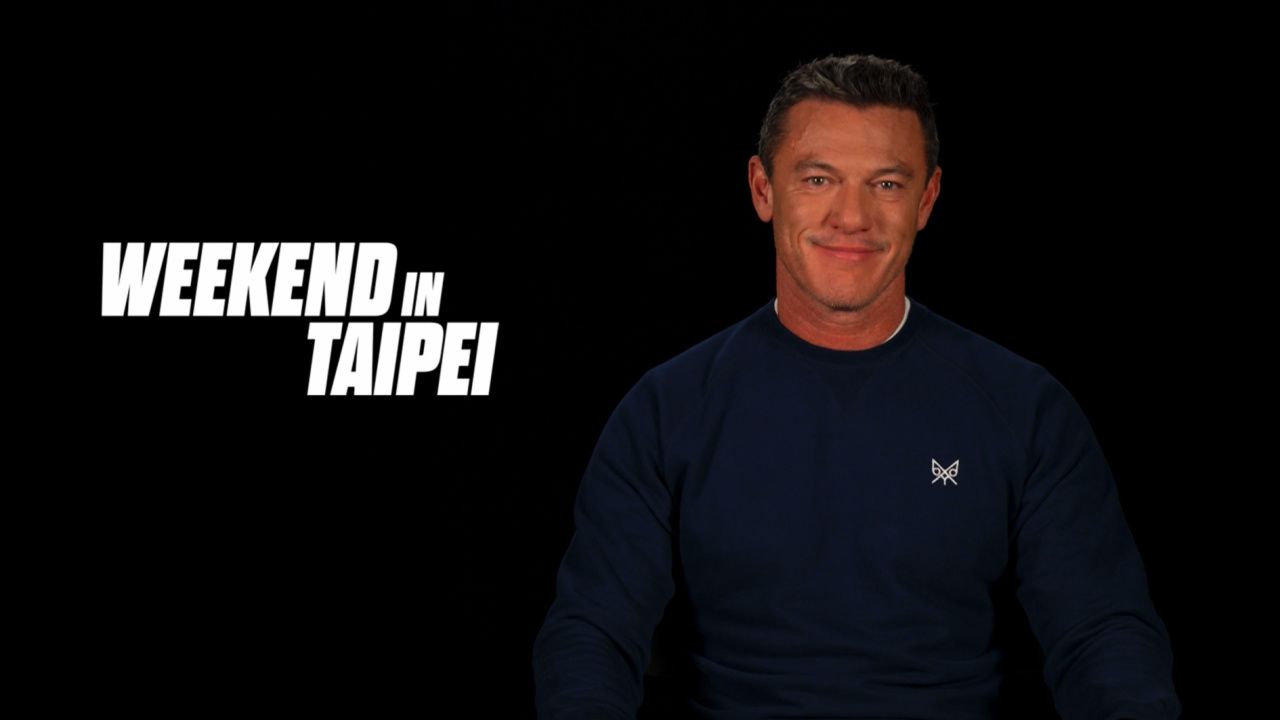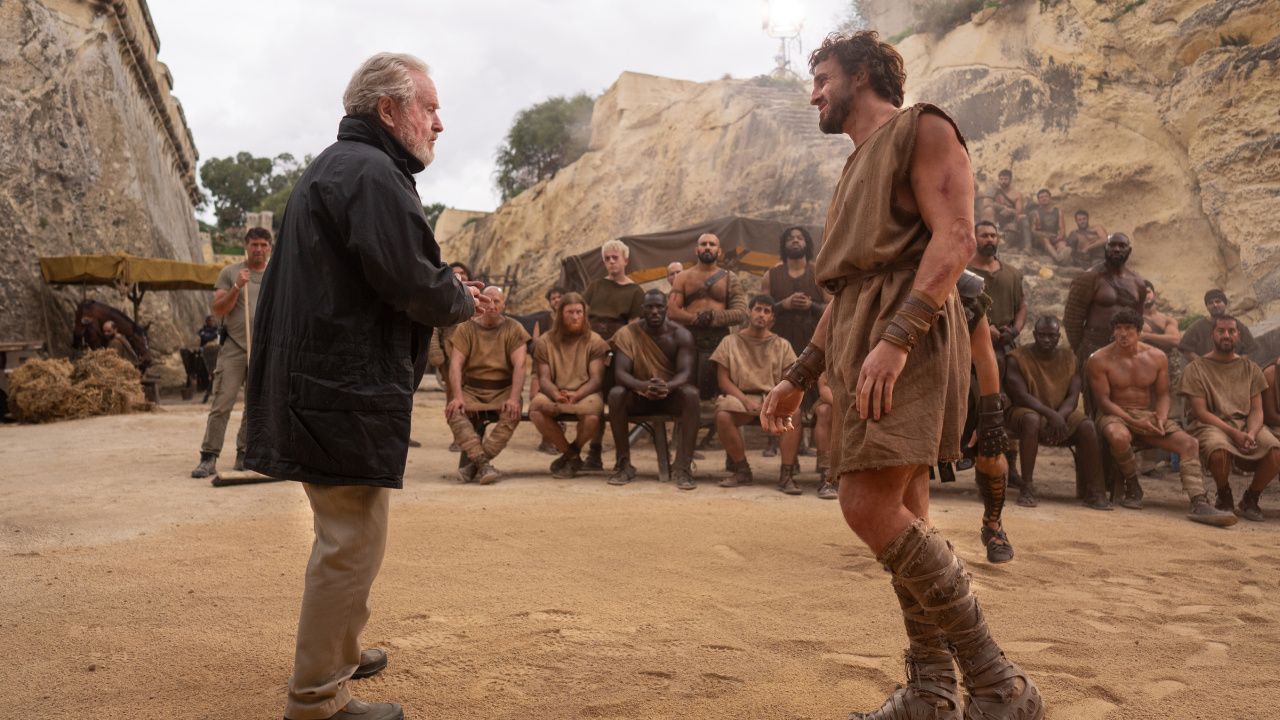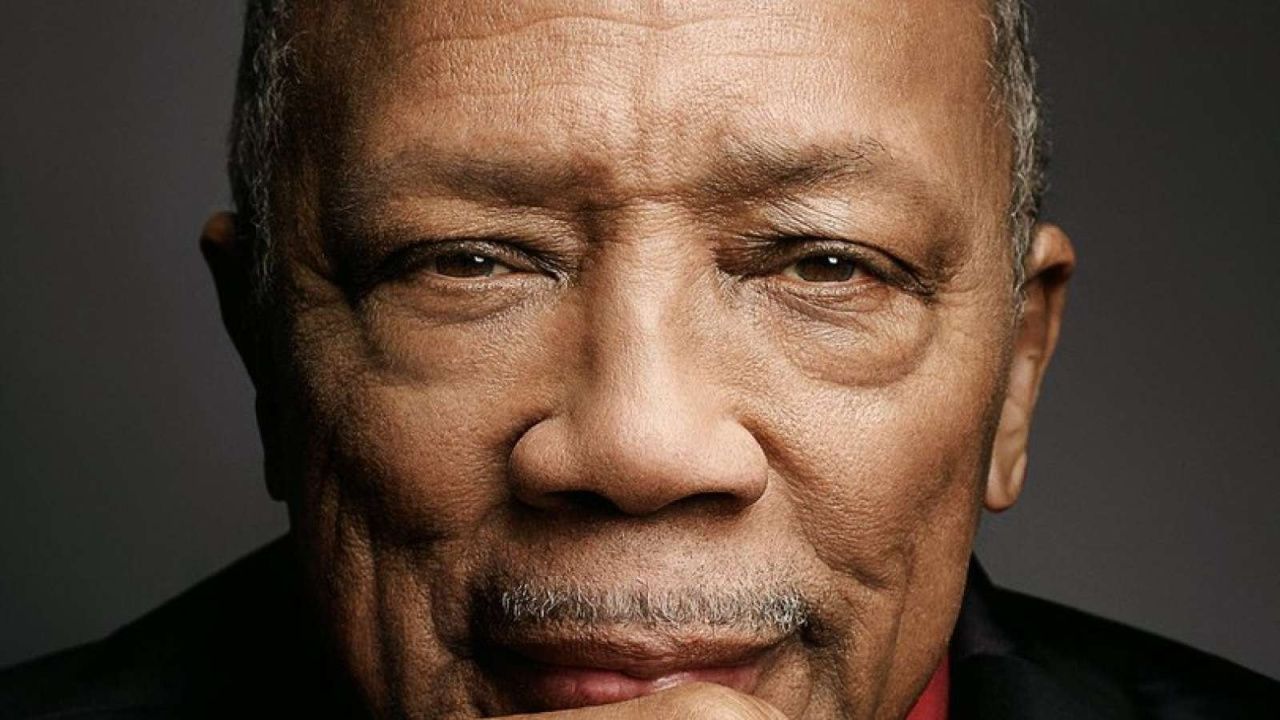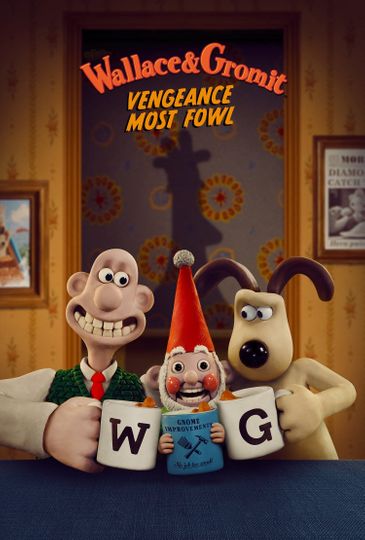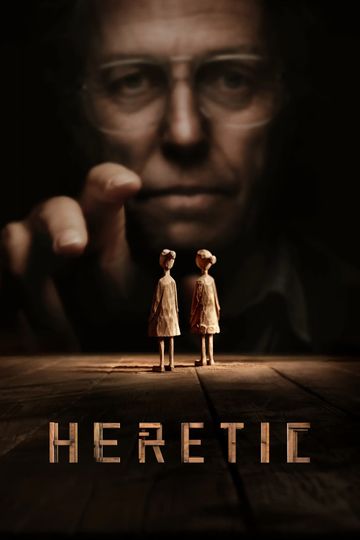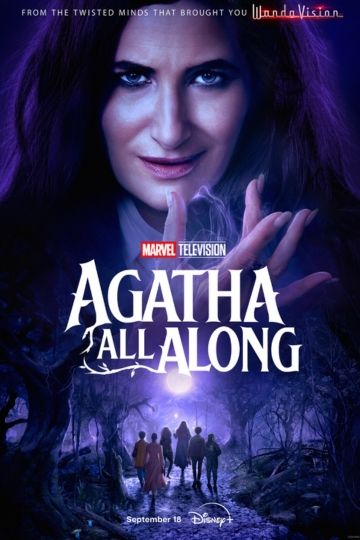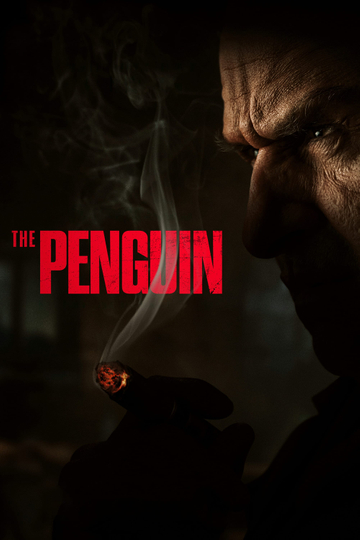We Were All Suckered by 'The Jinx' -- and That's OK
You'd think people would be happy with the finale this past Sunday of HBO's docu-series "The Jinx: The Life and Deaths of Robert Durst," Not only did the six-episode true-crime drama end with the kind of neat apparent-confession that real life seldom drops into the laps of journalists, but the episode was preceded by less than 24 hours by the actual arrest of its subject on a murder charge related to the crimes discussed on the show. Viewers got a bang-up ending, and the victims' families finally get to see the alleged killer face a court of law. Everybody wins, right?
And yet, there's been nothing but handwringing over the ethical questions raised by the conduct of filmmakers Andrew Jarecki and Marc Smerling and the fortuitous timing of the arrest. Jarecki and Smerling taped Durst's seemingly self-incriminating remarks ("What the hell did I do? Killed them all, of course.") during a 2012 interview, while their subject was taking a bathroom break but still wearing a live mic. Conceivably, they could have known they had a smoking gun on their hands three years ago, though they've said in interviews that they didn't find the damning footage until they were editing the series two years later. Even so, shouldn't they have informed law enforcement as soon as they found the clip? (They've said they informed investigators "some months ago," but they've declined to be more specific.) Did they have any obligation to the victims' families not to prolong their agony if they had such a bombshell that could lead to Durst's arrest? Then again, didn't the documentarians betray their subject, however reprehensible he may be, by taping him in the bathroom and then turning over the tape as evidence? Was Durst's arrest a coincidence or somehow staged by HBO and/or the filmmakers to drum up maximum publicity value for the finale? And did Jarecki and Smerling have any obligation to viewers to reveal early on that they had an apparent confession, rather than making viewers wait six weeks to hear it?
These ethical debates miss a point about non-fiction TV and big-screen documentaries as well: Documentary filmmakers are not detectives, journalists, therapists, or priests. Rather, they're entertainers, and they're under no obligation to either their sources, people allegedly victimized by those sources, or law enforcement agencies. Their only obligation is to the viewer, and that obligation is to make their story as gripping as possible.
Those who expect documentarians to abide by some imagined journalistic code of pure objectivity are clinging to an obsolete notion of how documentaries are supposed to work. It's a notion seen in many of the tributes written in the last couple of weeks to documentary pioneer Albert Maysles, who died on March 5. The films Albert and his brother David made in the 1960s and '70s were landmarks of cinema verite, a fly-on-the-wall style of documentary that simply allowed events to unfold -- whether it was a murder at a Rolling Stones concert ("Gimme Shelter") or two relatives of Jackie Onassis living in self-imposed squalor in a decaying mansion ("Grey Gardens"), without voiceover narration, talking-head expert testimony, or the apparent imposition of any editorial agenda.
But there's always an agenda, even with filmmakers as seemingly objective as the Maysles brothers. The act of editing -- deciding which raw footage to omit, which is important enough to keep, and what structure and order to impose on the film -- is inherently subjective. The chief difference between the Maysles style and that of their contemporary followers is that today's non-fiction filmmakers now make their agendas explicit.
Blame polemicists like Michael Moore and Morgan Spurlock if you like, but the move toward overt subjectivity begins with the likes of Errol Morris, whose 1988 documentary "The Thin Blue Line" was a feature-length argument that Randall Dale Adams had been convicted of a murder he didn't commit based on perjured testimony. The movie, which broke with documentary tradition by using dramatic re-enactments of the crime -- a tactic Jarecki uses in "The Jinx" -- ultimately led to Adams' release from prison.and the overturning of his conviction.
Not every documentary's agenda is so political. Morris' films, whether they're about exposing the mindsets of war criminals and Holocaust deniers or simply probing the minds of fascinating people like Stephen Hawking, have an agenda that's about revealing information through emotionally intimate and personal interviews. Someone like Alex Gibney (whose much-touted Scientology exposé "Going Clear" debuts on HBO on March 29) makes films that openly advocate positions on particular issues, but he does so using the techniques and styles of fiction narrative filmmaking (including carefully chosen music cues and "Thin Blue Line"-style re-enactments).
Jarecki's films have been similarly pointed, but he's a storyteller first, as is clear from his approach to Durst. Indeed, he and Smerling first tried to tell Durst's story in a fiction feature, 2010's "All Good Things" (starring Ryan Gosling as a Durst-inspired character and Kirsten Dunst as the wife who mysteriously disappears). Durst himself felt that Jarecki and Smerling could do better and contacted them, offering up an interview. They interviewed him twice and shaped those interviews into "The Jinx."
Were they fair to Durst, to his victims' families, or to police? Probably not; in fact, one might argue that they were unfair to viewers, too, since they fudged some timelines and withheld crucial information until the end of the series. Then again, these are things Jarecki has done since "Capturing the Friedmans," the true-crime documentary feature that made his reputation a decade ago. But then, Jarecki is under no obligation to present events in the order they occurred; he's not a journalist, and he's not a cinema-verite filmmaker urging viewers to make up their own minds based on his (carefully selected and marshaled) raw information. He's not writing a newspaper article, presenting a paper for scientific peer review, or making a courtroom-ready case for prosecution -- even though he's said he believes Durst is guilty. He's simply making a TV series. That the show is having real-world criminal justice consequences, like "The Thin Blue Line" did, is a happy coincidence.
(By the way, even though it stretches credulity to believe, as the filmmakers have insisted, that they were unaware for two years that they were sitting on Durst's apparent confession, it doesn't mean that Durst's arrest the day before the finale was a publicity stunt. Whether Jarecki and Smerling informed law enforcement about the tape months ago, as they've said, or just recently, police knew that, once the finale aired, Durst would be a flight risk, so it makes sense that they'd arrest him before the episode ran.)
What also seems like more than a coincidence is that "The Jinx" has flourished at the same time as a number of similar fictional crime sagas have appeared on TV, shows that follow a single case over an entire season -- what Vulture TV critic Matt Zoller Seitz recently dubbed the "Slow Crime" genre. (Citing TV dramas like "American Crime," "Gracepoint," and "The Killing," he also noted the narrative artistry behind "The Jinx" but grumbled that he didn't think it was going to lead to a definitive, cathartic climax. Little did he know...)
TV audiences have grown accustomed to such fictional "Slow Crime" series, as well as real-life ones like the "Serial" podcast, or the true-crime sagas that occasionally unfold over the course of months and years on cable news, usually presided over by thoroughly subjective pundits like Nancy Grace. That so many people have tuned in to "The Jinx" is a testament not just to the show's impact beyond the screen -- which is gravy -- but to Jarecki and Smerling's skill as storytellers. They didn't owe us a confession, much less an arrest or a conviction -- just a gripping story, skillfully told. On that, they delivered.













